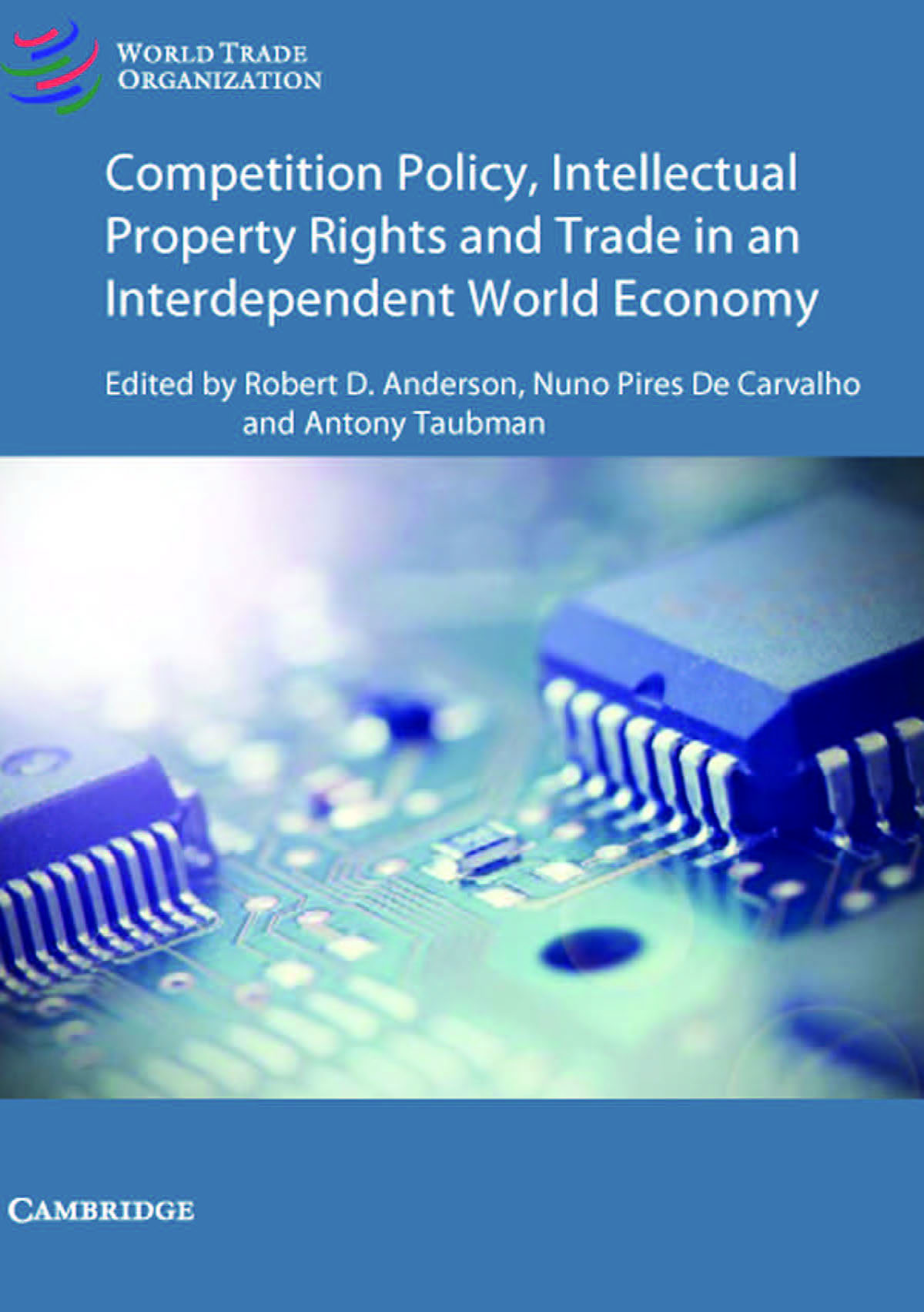Editor’s Note: The following is an excerpt published in The Hindu from How Pakistan Negotiates with the United States: Riding the Roller Coaster by Howard B. and Teresita C. Schaffer (USIP, 2011). Reprinted by permission. The authors are former U.S. ambassadors, with long years of service in South Asia.
Pakistan’s view of the world begins with the trauma of the 1947 partition of India, and from the chronic insecurity that it engendered. This is the starting point not only for Pakistan’s foreign policy but also for its approach to negotiating with its principal international friends. Pakistan’s position as a country one-seventh the size of its giant and, to Pakistanis, hostile neighbour is always at least in the background. The most painful part of this history — the “core issue,” in the term preferred by Pakistani officials and commentators — is Kashmir. Pakistanis believe they have been cheated and betrayed by both India and the international community. They feel that the very structure of their history and geography makes them dependent, vulnerable, and discounted. At the same time, national pride and the need to play up the ways in which they believe Pakistan is superior to India are important themes in their dealings with foreigners.
Pakistani negotiators often try to impress on their U.S. counterparts that Americans and others who have not had to deal with India from a position of weakness do not understand Indian ambitions and guile. As they argue it, Americans are taken in by the Indians and fail to recognise the overbearing, bullying policies and practices India inflicts on Pakistan and the other smaller countries of South Asia. Most Pakistanis believe that Americans are not aware of India’s longstanding hegemonic goals and the dangers to Pakistani and U.S. interests that they entail.
Pakistani tactics to correct these “misimpressions” and instil a “more realistic” understanding of what the Indians are up to will vary, of course, with individual Pakistanis, their American interlocutors, the nature of the negotiations under way, and current circumstances. Americans familiar with subcontinental history and politics may receive a more nuanced presentation than newcomers to South Asia. The highly one-sided interpretations Pakistanis provide stress India’s unwillingness to accept Pakistan and its other regional neighbours as fully independent states entitled to pursue their own policies and go their own ways. In its crudest form, this approach focuses on dire Indian plots to undo Pakistan by breaking it up into smaller units, or making it a vassal state, or both. This fear is fed by one of the most traumatic events in Pakistan’s history, India’s support for the breaking away of East Pakistan in 1971. The memory of this time is still vivid.
Read the full article in The Hindu >>






